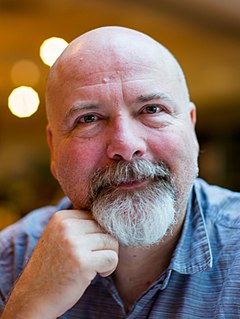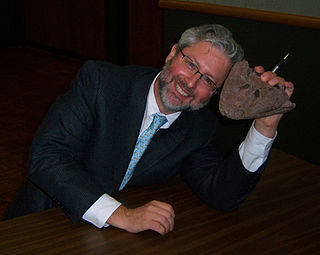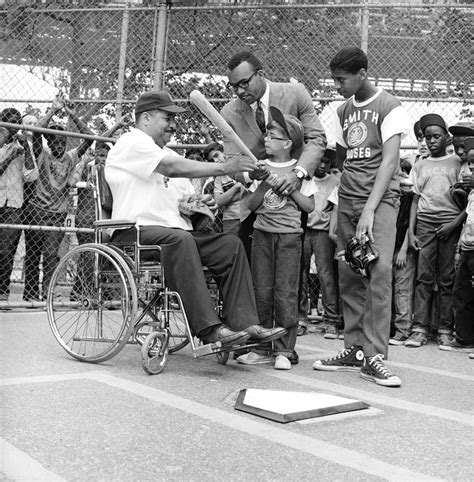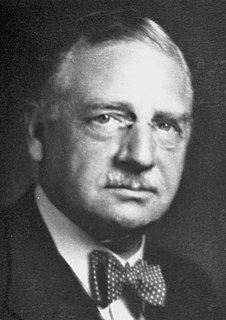A Quote by W. Daniel Hillis
A human body is a conversation going on, both within the cells and between the cells, and they're telling each other to grow and to die; when you're sick, something's gone wrong with that conversation.
Related Quotes
Most of our brain cells are glial cells, once thought to be mere support cells, but now understood as having a critical role in brain function. Glial cells in the human brain are markedly different from glial cells in other brains, suggesting that they may be important in the evolution of brain function.
Cancer cells have a lot of other things that are really wrong with them, and we should never forget that these are cells that have become deaf to all the signals that the body sends out, such as you can multiply a certain amount, you can be in a certain place in the body, where to stay, where to move, and so on.
You've got to get away from the idea cancer is a disease to be cured. It's not a disease really. The cancer cell is your own body, your own cells, just misbehaving and going a bit wrong, and you don't have to cure cancer. You don't have to get rid of all those cells. Most people have cancer cells swirling around inside them all the time and mostly they don't do any harm, so what we want to do is prevent the cancer from gaining control. We just want to keep it in check for long enough that people die of something else.
This, I believe, is the appropriate image of human intercourse -- appropriate because it recognizes the qualities, the diversities, and the proper relationships of human utterances. As civilized human beings, we are the inheritors, neither of an inquiry about ourselves and the world, nor of an accumulating body of information, but of a conversation, begun in the primeval forests and extended and made more articulate in the course of centuries. It is a conversation which goes on both in public and within each of ourselves.
When the finely tuned balance among the different parts of bodies breaks down, the individual creature can die. A cancerous tumor, for example, is born when one batch of cells no longer cooperates with others. By dividing endlessly, or by failing to die properly, these cells can destroy the necessary balance that makes a living individual person. Cancers break the rules that allow cells to cooperate with one another. Like bullies who break cooperative societies, cancers behave in their own best interest until they kill their larger community, the human body.
Both in Britain and America, huge publicity has been given to stem cells, particularly embryonic stem cells, and the potential they offer. Of course, the study of stem cells is one of the most exciting areas in biology, but I think it is unlikely that embryonic stem cells are likely to be useful in healthcare for a long time.
Ours is not a dumb species. We have put a man on the moon. We have unlocked the secrets of the human genome. We have discovered how to take stem cells and coax them into becoming brain cells, heart muscle, liver tissue - any organ of the human body that needs repair. These are our miracles, and there are more. Yet we have not yet found a way to do the simplest things: To live in peace. To stop killing each other when we disagree. To distribute that which is good in life freely and fairly.
In nerve-free multicellular organisms, the relationships of the cells to each other can only be of a chemical nature. In multicellular organisms with nerve systems, the nerve cells only represent cells like any others, but they have extensions suited to the purpose which they serve, namely the nerves.




































